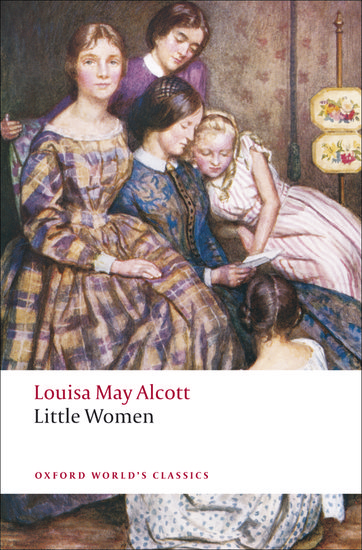Police shootings and the black community
In a recent Huffington Post piece entitled “Police Shootings Are About Class as Well as Race,” Jesse Jackson argued that the issue of police violence specifically, and an unjust and excessive criminal justice system in general, are disproportionately experienced by the poor, irrespective of race.














